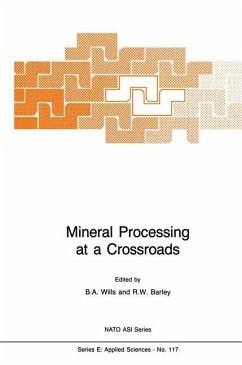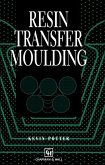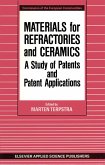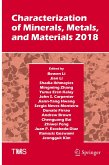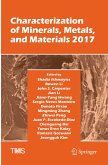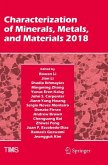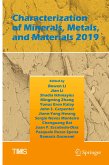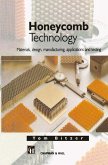Due to the increasingly complex mineralogy, and lower grade of many current ore reserves, technology has, over the past decade, had to evolve rapidly to treat these materials economically in an industry which has undergone severe periods of recession. However, most of the technical innovations, such as the increasing use of solvent-extraction, ion-exchange etc., have been in the field of chemical ore processing, and, apart from the use of computers and ever larger unit process machines, there have been few major evolutionary changes in the field of physical mineral processing, where conventional crushing and grinding methods, essentially unchanged in half a century, are followed by the 'old-faithfuls'- flotation, gravity, magnetic and electrostatic methods of separation. Many of these techniques have major limitations in the treatment of 'new' ores such as complex sulphides, and the main purpose of the NATO Advanced study Institute (ASI) "Mineral Processing at a Crossroads" was to review the future of mineral processing. One of the great failings of physical methods is their inability to treat ultra-fine particles, and much research effort is required in this area. Flotation is still the most widely used and researched method for separating minerals, and is the only method which can be used to produce separate concentrates from complex sulphide ores. However, its performance on these 'modern' ores is poor, and it is in this area particularly that chemical methods will increasingly be integrated into plant circuits.

